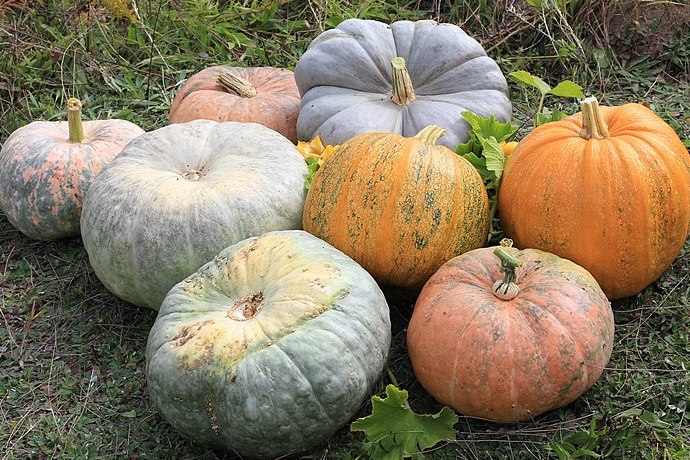
It is only a couple of months since Hiroyoshi Utsunomiya, a Japanese farmer, won a contest for his 410.3-kilogram pumpkin, grown to Mozart’s music playing in the background. For 68-year-old Utsunomiya, from Ehime Prefecture, western Japan, it was his second artistically-inspired vegetable, having already won an award in 2018 for his 412.6 kg pumpkin – grown with traditional ‘enka’ Japanese ballad titles.
- Read: Feature on the Vegetable Orchestra | the troupe that carves instruments out of fresh produce
- Read: Review of Sedibeng, it comes with the rain | an exhibition that experiments with a sense of smell
- Read: Preview of Osmodrama | a festival of storytelling with scents
However, according to research conducted by Rick Karban of the University of California, Davis, plants are better smellers than they are listeners.
- Read: Classical music inspired by gardens | 5 of the best pieces
- Watch: Jacob Thompson-Bell discusses the relationship between sound and flavour
- Read: Review of Osmodrama | a festival of storytelling with scents
Having spent decades studying distinctions in the way that individual plants respond to predators, Karban said plants had been shown to be more sensitive to blends of scents, or chemotypes, that are their own.He also cites studies showing that plants are capable of memory and anticipation.
- Read: Composers’ hobbies | what did Prokofiev and Cage do for fun?
- Watch: Interview with artisan perfumer Sarah McCartney
- Read: Perfumes inspired by music | 5 of the best
But, he told The Times, ‘there are still no controlled, repeatable experiments’ confirming whether they like different kinds of music.
Professor Karban, who is keen to apply lessons from psychology to the plant world, is busy collaborating on a plant personality paper with a behavioural ecologist in Quebec. ![]()